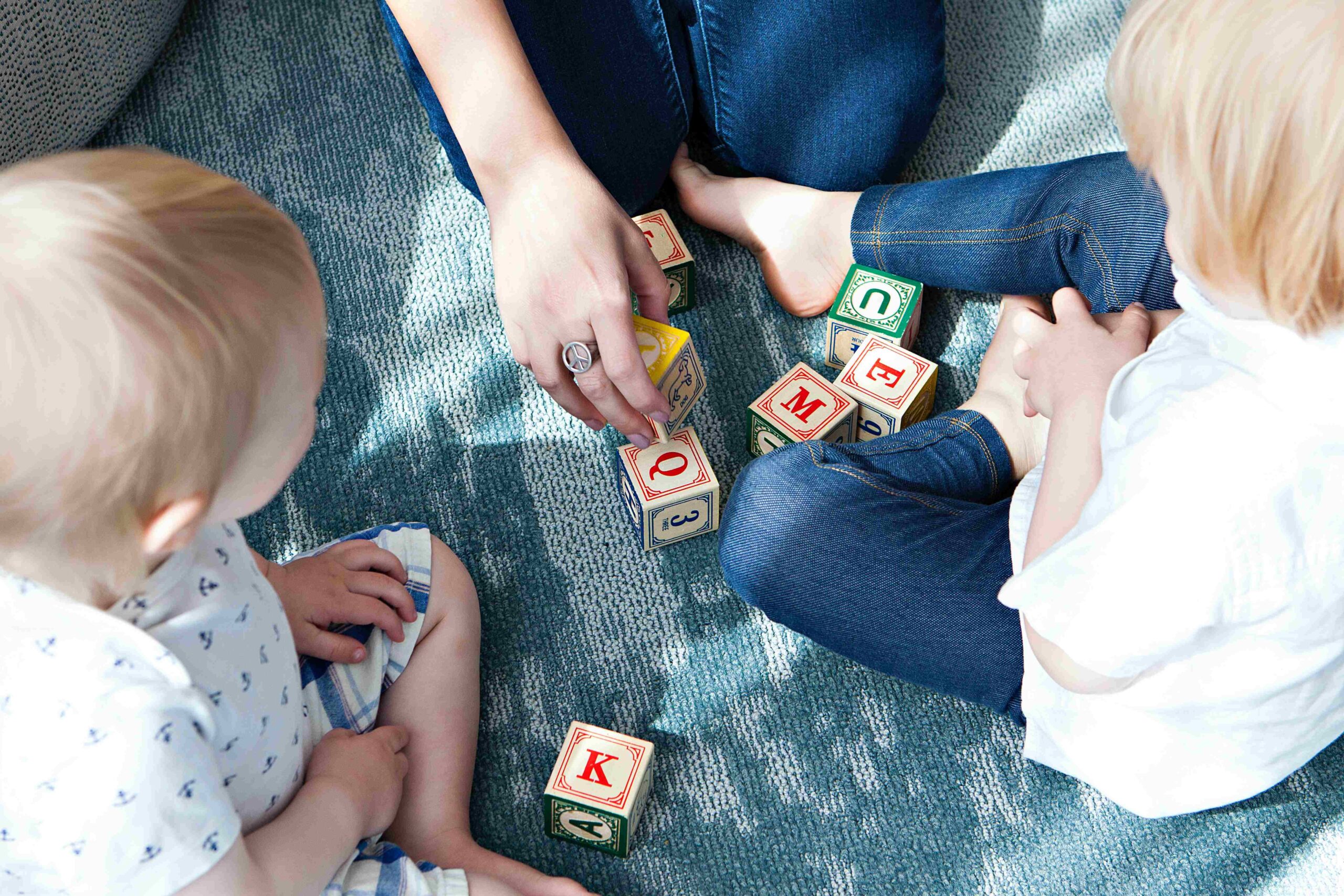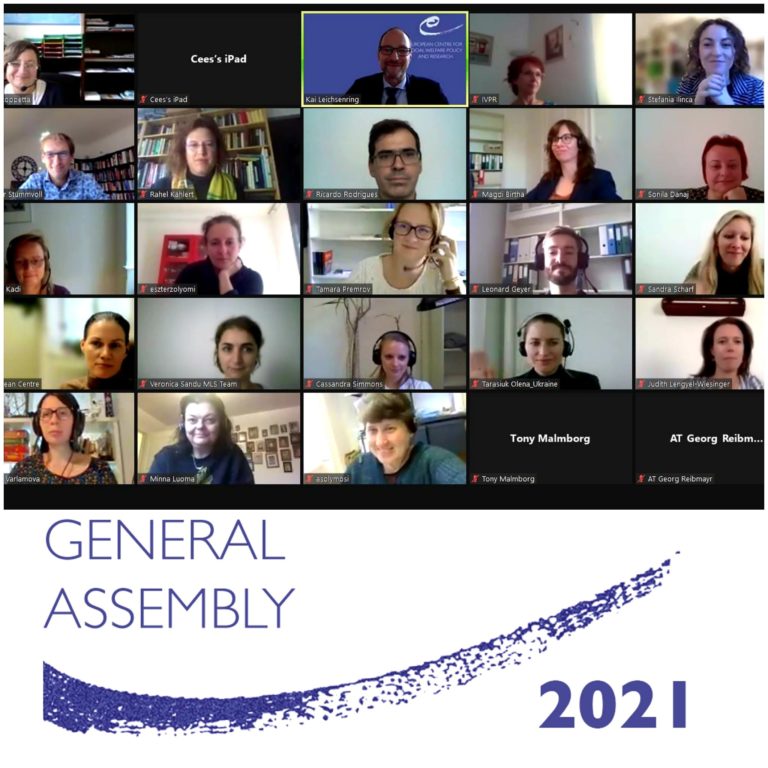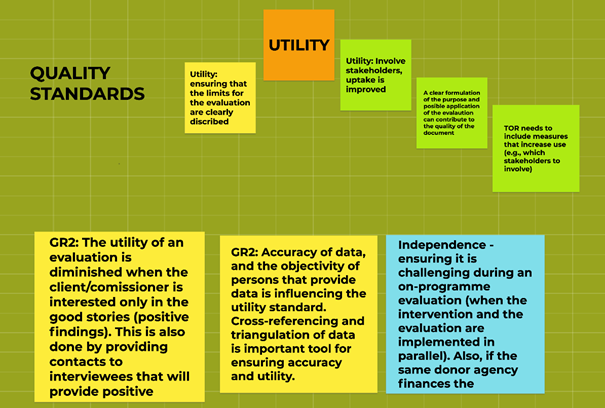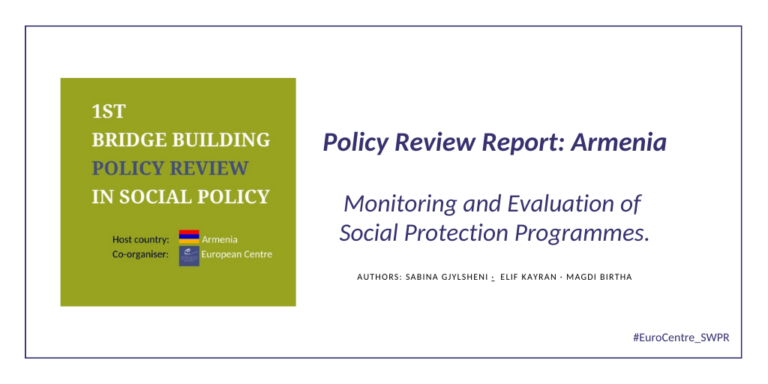Impact of the COVID-19 pandemic on the deinstitutionalization of child care reform in Ukraine
By Iryna Demchenko & Nataliia Bulyha, NGO Analytical Center “Socioconsulting”
“The first wave” of the childcare deinstitutionalization reform in Ukraine started in 2008. As a result, since 2017, more than 90% of orphans and children deprived of parental care are raised in families or in family-type forms of care (under guardianship/custody, in particular by relatives, in foster families, family-type child homes) according to the data of the Ministry of Social Policy of Ukraine.
But despite this, institutional care facilities still operate and host children. For example, according to the results of a comprehensive study of the child protection system in Ukraine “Illusion of protection” conducted by “Hope and Homes for Children”, there were 751 institutional care facilities in Ukraine by September 2016. And more than 100 thousand children received services in such institutions, but only 8% of them were orphans or of parents deprived of the parental rights; the remaining 92 % had parents.
This dual system has several negative consequences: firstly, the irrational use of funds, as the system still supports the institutional care which proved inefficient. And, on the other hand, the families of institutionalised children might still receive state benefits, allowances, and other support, since these are not to subjected to the physical presence of the child in the family.
Secondly, the current system also allows parents to place a child in an institution for a long period only by submitting an application. This possibility does not motivate the parents to overcome life challenges and to improve family well-being. Accordingly, a child who has spent many years in an institution returns to an unfavourable family environment, which significantly reduces his/her chances of successful integration and achieving professional and life goals. Besides, such a child is not entitled to receive benefits provided to orphans and children, whose parents are officially deprived of parental rights (i.e., priority placement in a dormitory and free use of the accommodation).
All of these reasons prompted the acceleration of the deinstitutionalization reform. In 2017, the “second wave” took place. There were some positive developments in 2019 compared to 2017, according to the input on the ‘Monitoring of Institutional care facilities’ provided by the Presidential Commissioner for Children’s Rights on January 1, 2020, namely an 8% decrease in the number of institutions, an 8% decrease in the number of children who received services in institutions, and a 13% decrease in the number of children, who stayed in institutions 24/7.
According to the data of the Ministry of Social Policy of Ukraine, as a result of the COVID-19 pandemic, more than 40 thousand children from institutions were returned to their families in March 2020. However, about 6 thousand children (no more than 10%) remained at the institutions because they had nowhere else to go. Experts unanimously characterized this situation as a sign of the futility of the existing system and the de facto beginning of the overdue deinstitutionalization reform.
In June 2020, the Ministry of Social Policy of Ukraine approved the “Procedure for enrolment of children for 24-hour stay in child institutional care and upbringing facilities” (which could be considered the “third wave” of the deinstitutionalization reform). This document included two key innovations:
- enrolment of a child in the institution is possible only when all other care options have been exhausted (in other words, parents must provide papers to prove that the placement of a child in an institution is necessary);
- the suspension of payment of state aid to the family if the child is placed in educational institutions 24/7.
However, the implementation of this document has encountered fierce resistance, which is caused by several factors, namely:
1) The inclination of the local authorities to preserve the status. For the united territorial communities (UTCs) placing a child in a regional level institution allows not to take responsibility for this child, besides, a large facility on the territory of the community means jobs and revenues to the local budget. In this way the regional administrations receive significant funds from the state budget to maintain huge land lots (up to 125 ha) and premises (up to 95 thousand square meters).
2) A significant number of community level administration is not properly aware of the depth of the issue, do not see the need to make significant efforts, and invest in the development of basic community social services. The sector experts state that only a third of the need for social workers at UTC is met. This leads to a low level of coverage of vulnerable families with preventive social services which will reduce the number of neglected.
3) The parents still support the institutionalisation due to the fact that it is economically advantageous for parents to place their children in boarding schools. In particular, the legislation provides ample possibility for the parent to be exempted of all costs related to childcare and education in the boarding schools.
4) The institutionalisation is further aggravated by the inadequate development of health, educational, rehabilitation, and social services for families with children in the community, which objectively complicates/makes it impossible to raise a child in a family.
On the education side, there is a lack of general education services in the rural areas including issues with transporting children from one community to another, and lack of basic community services such as after-school activities and supervision, food provision. The insufficient development of inclusive education pushes parents to place their children in specific institutions to provide them education per the peculiarities of their development.
As a result of the resistance to childcare deinstitutionalization reform, a decree of the Cabinet of Minister’s “On Amendments to the National Strategy for Reforming the System of Institutional Care and Upbringing of Children for 2017-2026” was recently drafted and is now at the stage of approval. The document in fact closes out the reform of deinstitutionalization in Ukraine, namely excludes an essential part of institutions from the reform and delays to 2026 the termination of children under 3 years placement in institutions. Currently, international and Ukrainian NGOs working in the field of children rights protection are fighting to prevent this decree from being approved.






